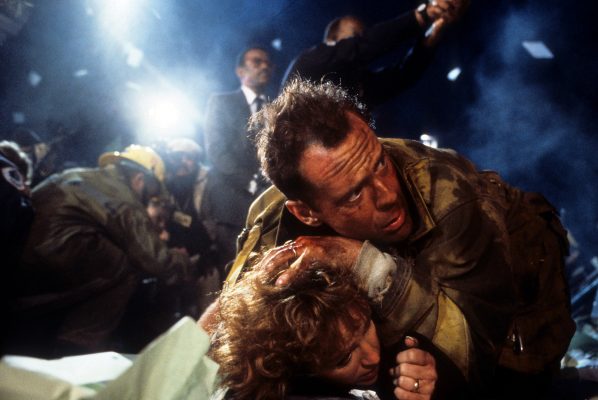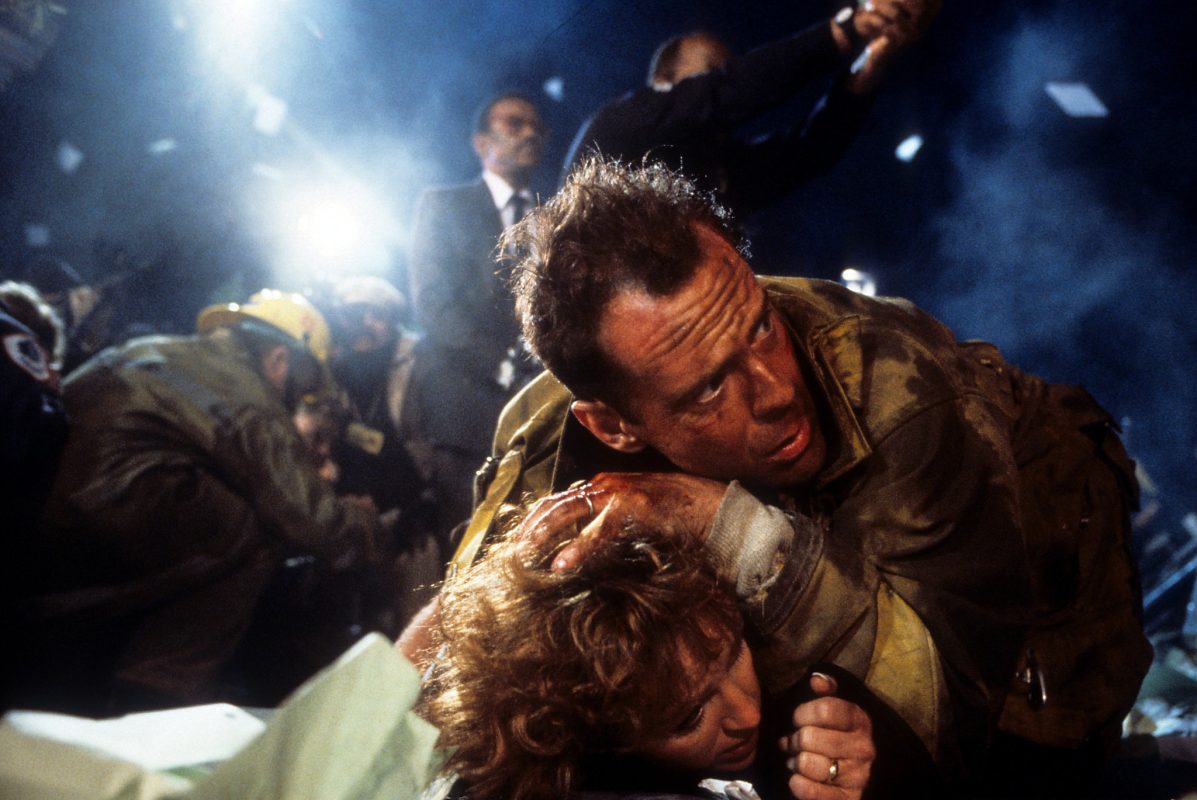Uncategorized
‘Die Hard’ (1988) Review
Activity motion pictures were rarely something very similar later the 1988 arrival of John McTiernan’s original Die Hard, the hit that brought forth an establishment, changed Moonlighting star Bruce Willis into A-rundown legend and the late, regretted Alan Rickman into ostensibly the best film antagonist ever. At the point when Willis’ off the clock New York cop John McClane handles the psychological oppressors who have commandeered his alienated spouse’s office Christmas celebration at the Nakatomi Plaza in Los Angeles, the stage is set for a grasping skirmish of wills. Alone and shoeless, he announces cattle rustler clashes with Rickman’s smooth, modern Hans Gruber whose (nearly) complete order of the circumstance makes one think (on beginning review) that he will indeed pull off his all-inclusive strategy. Not just a compelling activity film, Die Hard is likewise one of the genuinely incredible Christmas motion pictures. The sorcery of the period is radiant in many parts of the storyline, from the merry party setting to the statements by the characters (“It’s Christmas, Theo, it’s the hour of supernatural occurrences”, murmurs Gruber to one of his colleagues), to the contribution of writer Michael Kamen. One more key figure of film who shockingly left us extremely early (he died in November 2003), Kamen became characterized as the activity author of the last part of the 1980s off the back of the Die Hard and Lethal Weapon motion pictures, and James Bond section License to Kill.
Despite the fact that Kamen’s best work was apparently in the more melodic domains of dramatization and dream (Brazil, 101 Dalmatians, The Iron Giant, What Dreams May Come et al), he promptly settled such a solitary activity style in such a short space of time that it’s the class for which he’s most popular. Fanatic is the quintessential Kamen activity score: textural, clever and barometric with periodic snapshots of hazardous activity made even more remarkable by long sections of dramatic development. Obviously prompting off the film’s mischievously sharp content, Kamen isn’t loath to bind his score with comical offhanded minutes, which thus complements the film’s feeling of fun.
With Die Hard, chief John McTiernan (Predator) has given us a cutting edge activity exemplary, a film that doesn’t dial back until the end credits are moving to the tune of “Let It Snow.” McTiernan is a pro at pacing, and on those couple of events when the content lets him down, the camerawork of Jan De Bont acts the hero. This film is hazardous in a greater number of ways than one, a sumptuous, boisterous event that gets the adrenaline streaming.

Bruce Willis is amazing as the kidding John McClane, an “regular” kind of fellow who becomes involved with conditions that constrain him to play the hesitant saint. This is an individual that we can pull for, in any event, when a portion of the things he’s doing are humanly outlandish. Willis’ acting abilities are restricted (in spite of the fact that he accomplished fine work playing a Vietnam Vet In Country), however it’s difficult to envision any other person in this job.
Alan Rickman’s Hans Gruber reclassifies the activity as a kind reprobate. The man’s appeal lies in that unstable combination of savagery and crafty, all sheathed in a noble mutual respect. Hans is clever, and Rickman fills the role with not just a feeling of the man he’s depicting, however a conspicuous regard for him also. It doesn’t require numerous minutes of screen time for us to know that Hans is no normal fear based oppressor.
The supporting cast gives strong exhibitions, despite the fact that there isn’t the ability to extend jobs to be filled. Bonnie Bedelia (as the spouse at serious risk) and Reginald Veljohnson (as McClane’s cop outwardly contact) are essential. William Atherton is appropriately foul in a little job as a sensationalist.
Regardless of whether Bruce Willis is moving up a deep opening, hurling himself off a detonating building, or hustling shoeless across a flood covered with glass shards, his John McClane holds our consideration while we hold our breaths. Fanatic isn’t a movie verse, however it shows the sort of boisterous diversion that the business is fit for conveying. For what it is, this is the top model – – blaze, bang, and clever jokes generally included.

